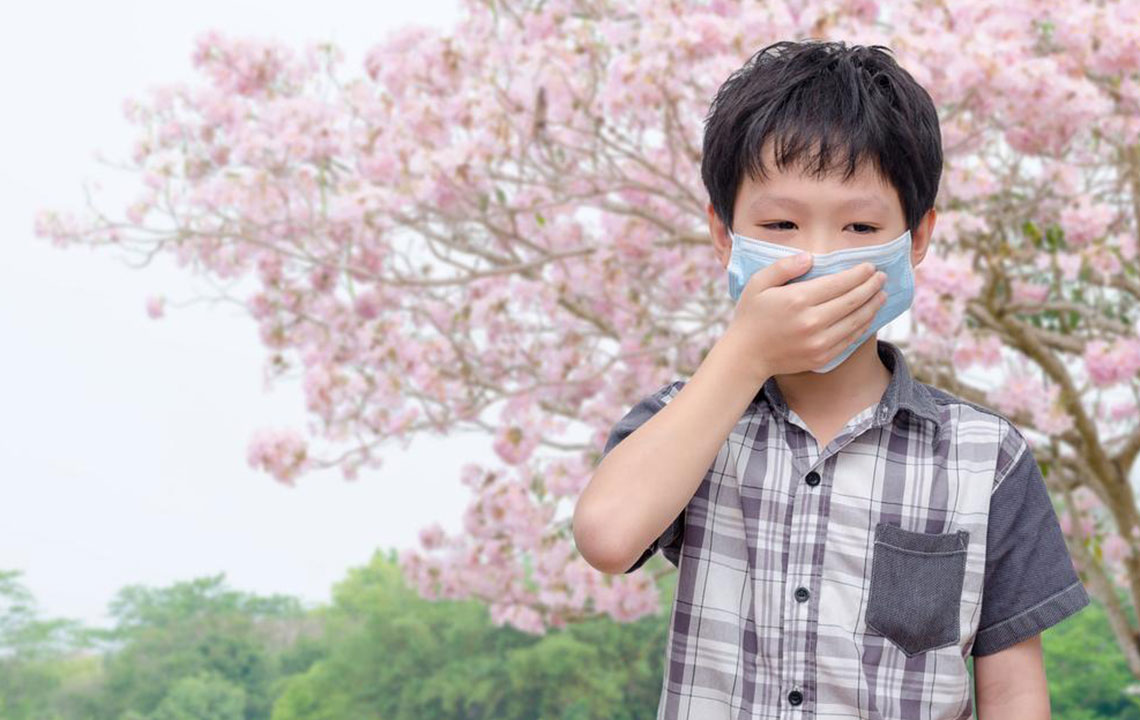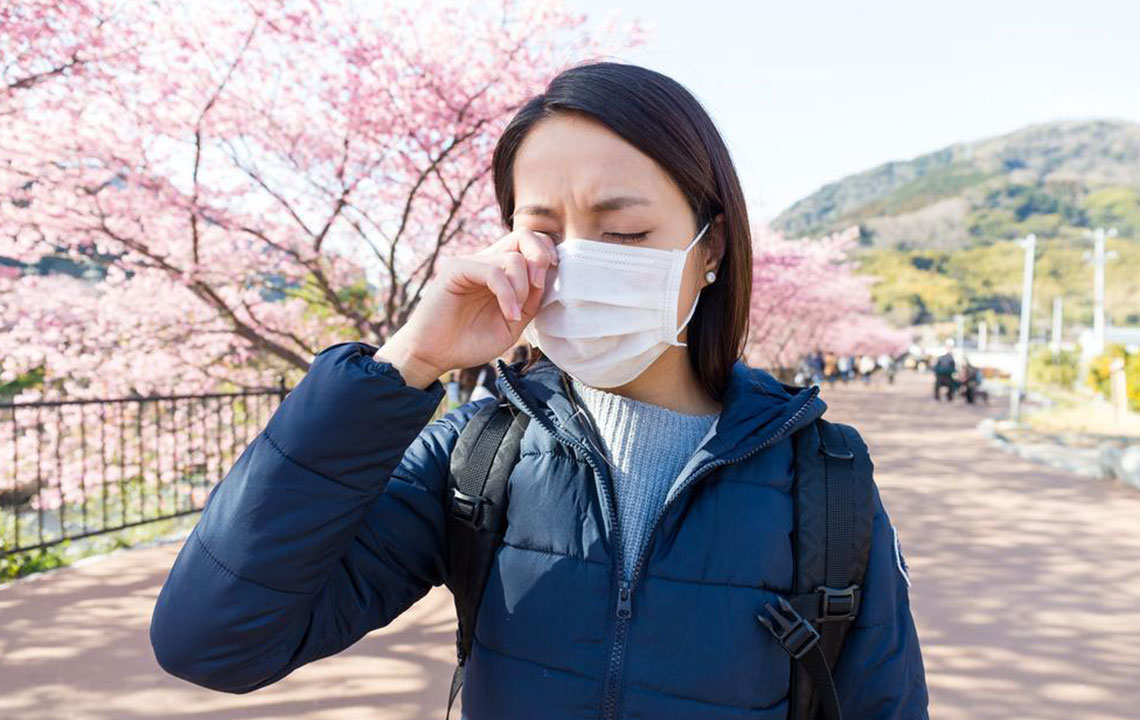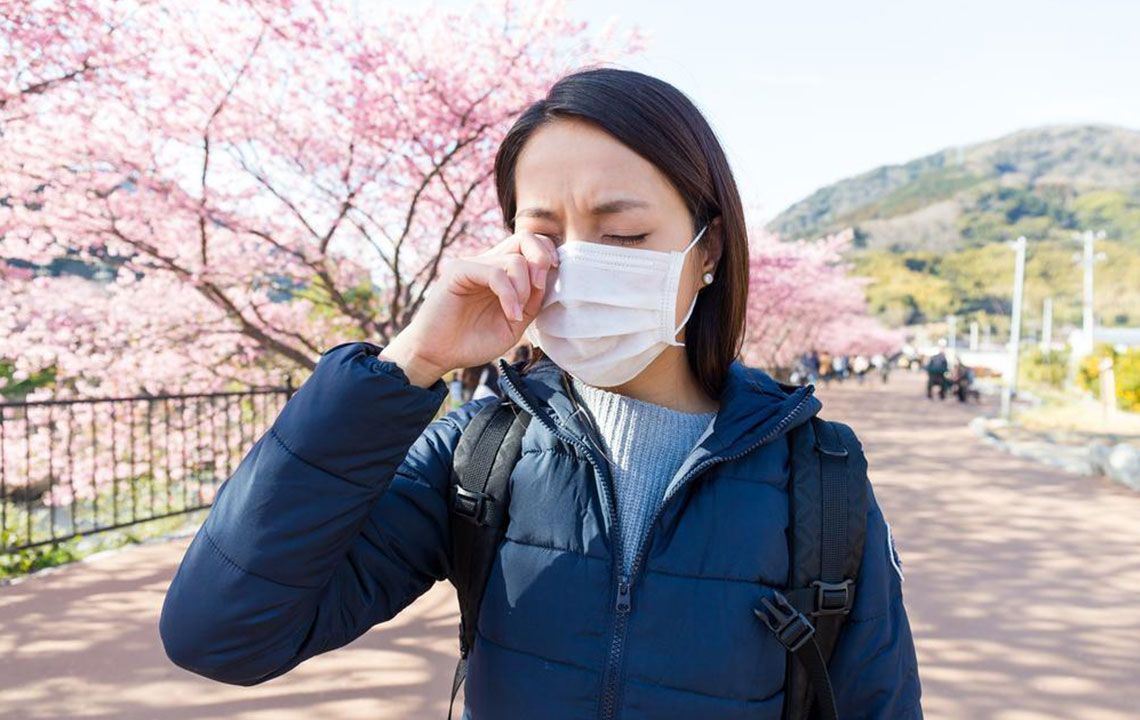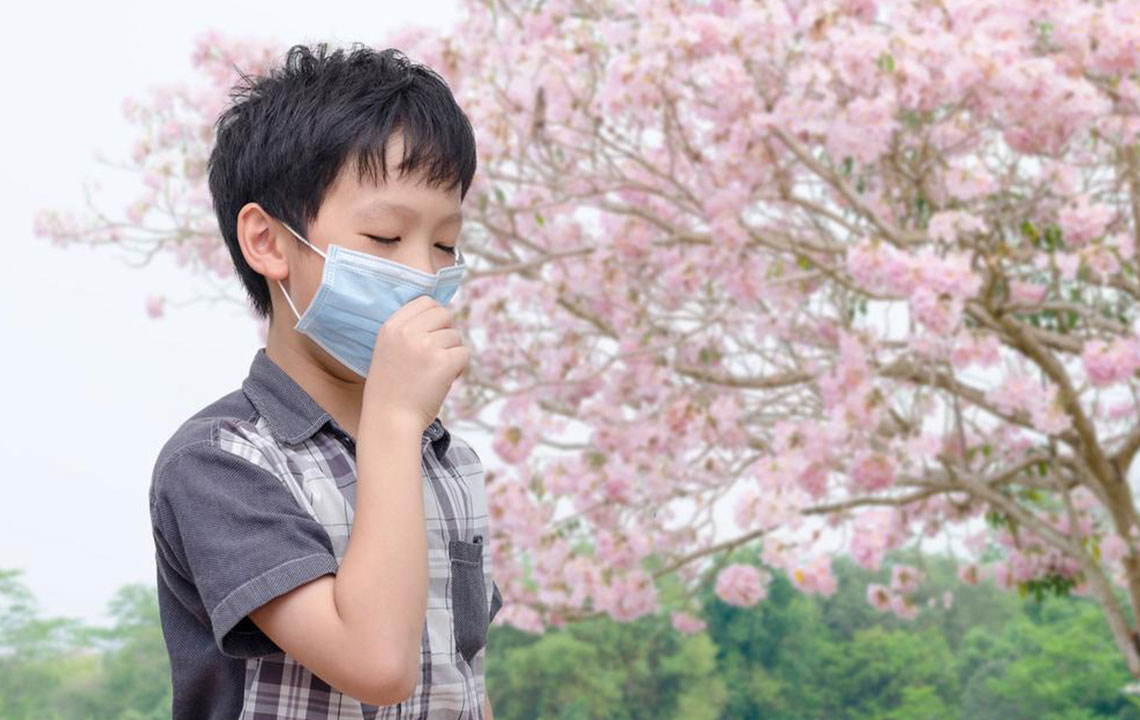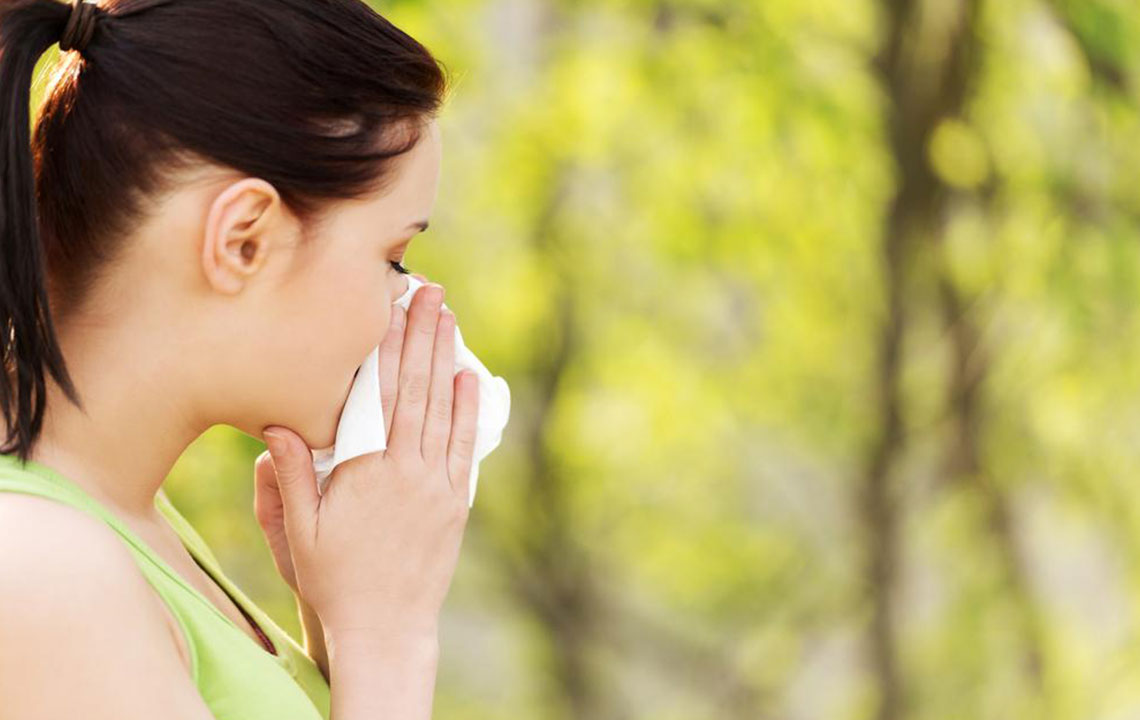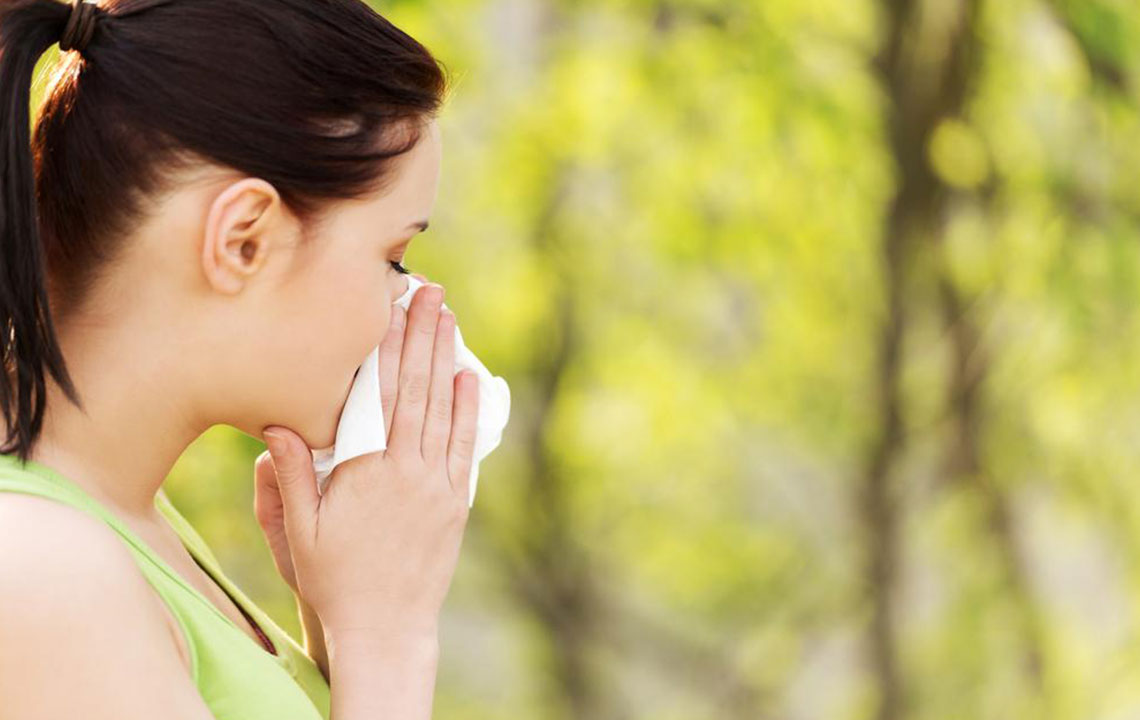Comprehensive Guide to Pollen Allergies and Prevention Tips
This comprehensive guide explores pollen allergies, measurement methods, symptoms, and effective prevention strategies. Learn how to identify allergens and utilize remedies such as saline rinses, dietary adjustments, and herbal treatments. Staying informed with pollen forecasts can help you plan your activities to reduce allergy symptoms and improve your quality of life during high pollen seasons.
Sponsored

Unseasonably warm winter days often bring an unexpected rise in pollen levels. Airborne pollen from plants like grasses, olive trees, and ash is measured to assess allergen presence. The pollen count indicates the number of pollen grains per cubic meter of air, influencing allergy symptoms. Warmer temperatures accelerate pollen release, while colder winter delays it. National surveys monitor pollen concentrations to inform the public.
Measurement techniques include using a silicon-coated rod rotated in the air to gather pollen or employing the Burkard volumetric trap. The latter captures airborne particles over seven days, aiding in accurate pollen identification and concentration analysis. Wind direction and speed also impact pollen dispersion.
Pollen allergies, commonly known as hay fever, trigger immune responses that may worsen asthma and sinus issues. Even those without prior allergies can develop sensitivities, experiencing symptoms like watery eyes, itchiness, or conjunctivitis. Diagnosing pollen allergy involves skin prick tests or blood tests. Staying informed through the National Allergy Forecast helps in planning ahead to minimize exposure.
Different pollen types can cause allergies, often affecting individuals multiple times. Recognizing specific pollen triggers is essential for effective prevention. Pollen exposure can also exacerbate other allergic reactions.
Remedies for pollen allergy relief include rinsing nasal passages with saline water, which helps reduce congestion. Consuming healthy fats like fish oil may lower allergy risks, while herbal remedies like butterbur and acupuncture are also beneficial. Turmeric, a spice native to India, contains curcumin, which acts as a natural decongestant. To minimize exposure, avoid outdoor activities during peak pollen times, especially mornings, and keep windows closed. Showering after outdoor exposure and wearing masks can further reduce pollen contact.

